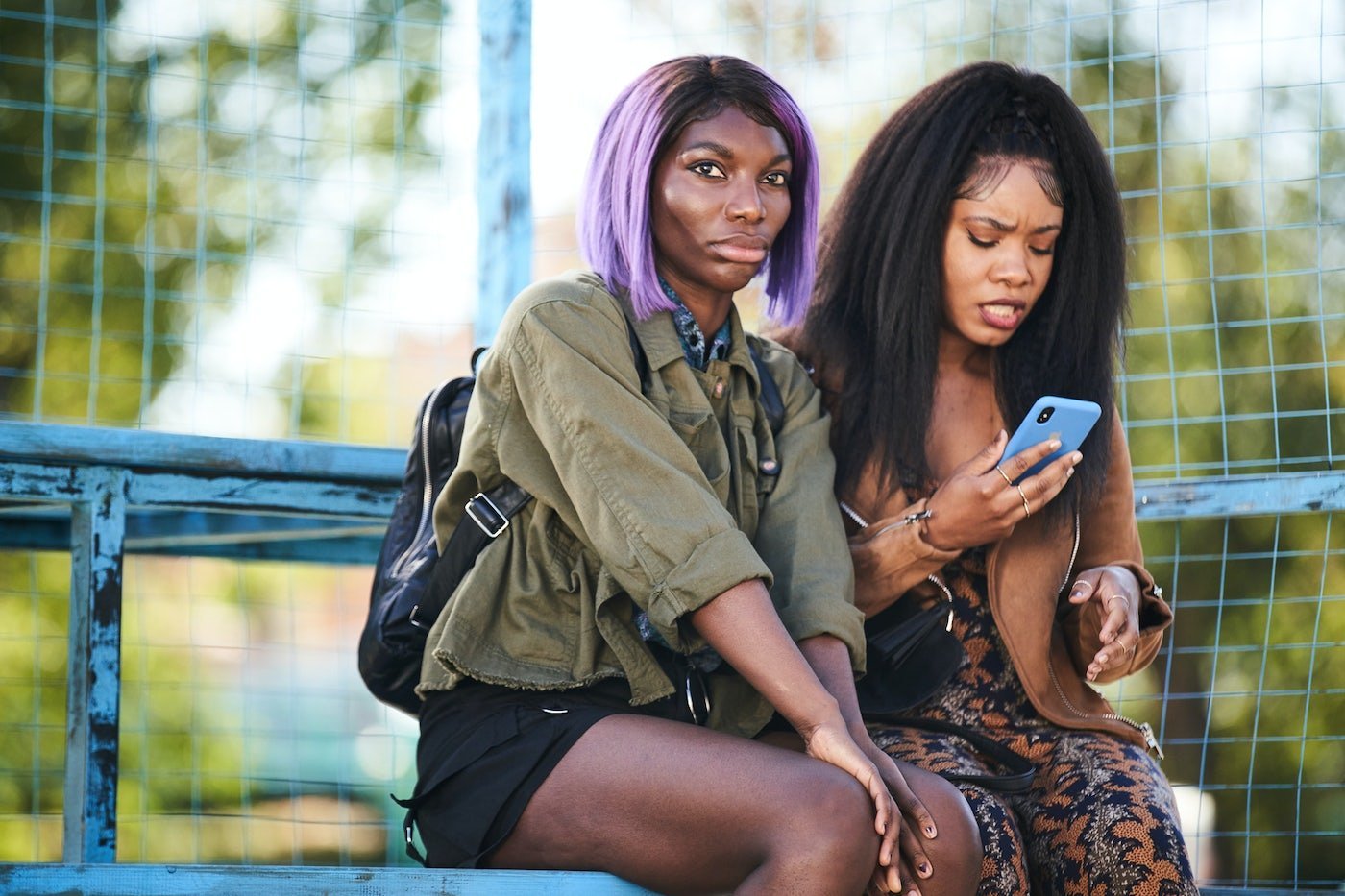Have The Golden Globes Just Ended Inequality
Does a majority of female directing nominees mean that gender inequality is over? Well, not quite but it's a step in the right direction.
If you have yet to hear, which if you're a follower of this blog I imagine you most likely have, but the Golden Globes have announced their nominations for this year including Emerald Fennel (Promising Young Woman), Regina King (One Night In Miami...) and Chloe Zhao (Nomadland) taking 3 of the 5 Best Director nominations making this the first time in history that there is a female majority in this category.
When I heard the news it did feel like being a part of living history. For the first time we are seeing a majority of female nominees in the directing category and not only that but three distinctly unique and diverse women with 3 very different films. There's no way we can ignore how important this is to the industry as a whole but this is not the time to become complacent either. We all need to take a moment to celebrate this and then continue campaigning.
Whilst in 2019 the percentage of female directors in the top 100 grossing films was at it's highest it was still a measly 10.7% [2]. Sometimes, for me at least, it feels like women are being more included than they are. The reason for this is a handful of spotlight films that are promoted to overshadow the majority of content being churned out predominately directed by men. Big studio films like Wonder Woman directed by Patty Jenkins, Candyman by Nia DiCosta, Mulan by Niki Caro most people would hear these names and think, "wow! Women have their place now. See it's all equal we have solved misogyny!" and yet the numbers tell a completely different story.
Emily In Paris - Netflix
And whilst the directing category may be the stand out of the Golden Globes this year the biggest criticism I have against the list of nominations is the overall lack of diversity, particularly in the television categories. Across the internet I May Destroy You created by and staring Michaela Coel has been argued as the biggest nomination snub this year with Emily In Paris being the biggest anomaly. This Guardian article by Emily in Paris writer Deborah Copaken expresses the confusion well. As she points out in her article in a year that included the Black Lives Matter movement to have a show about white female privilege in Paris be acknowledged over a show about a black female sexual abuse story is the epitome of everything that is still wrong with this industry. And to top it off (Sorry Deborah) Emily in Paris was also a bit garbage.
But to put aside personal opinion, out of all of the acting categories this year 82% of nominees are white with significantly less diversity in the actress categories than the actor categories. It's statistics like this that we can't let our female majority of directors overshadow because it is evidence that there is still so much more work to be done on inclusion in the industry. Stories from diverse backgrounds are still lacking or just straight up not being recognised.
I May Destroy You - Picture: NATALIE SEERY/HBO
Now I have a personal pet peeve about activists who choose not to see progress and instead harp on about how much further down the road we still have to go, so to try and avoid the risk of becoming that kind of activist myself I want to pause here to celebrate some progress. Yes 10.7% of the top 100 Grossing films in 2019 is a terrible number, but in the years before it we have had between 4-7% of the top 100 grossing films be directed by women so it is increasing. In the last 5 years we have also had a major increase in female protagonists in the top 100 grossing films from 22% in 2015 to 40% as of 2019.
We can all take solace in the fact that the world is in fact changing. But if feminist movements of the past have taught us anything it's that these things take time and require consistent pushing. They have also taught us that most of the time white women will often be welcomed into the fold first and we cannot stand for this either. We have not achieved equality in this industry until every woman, man, or non-binary identifying human's voice can be heard loud and clear and biases become unacceptable.
So should we watch the Golden Globes this year or not? I personally think boycotting is a very passive way of expressing how you feel about something but regardless of if you care about award shows or not they are how many perceive what are the "best" representation of film in a year. So instead complain about what's not in the line up and what is in the line up. Champion voices that are not your own. Create space for voices that are not often heard. And above all keep fighting for equality in the film industry and the world because times are changing but we're not there yet.
REFERENCES
[1] - https://www.theguardian.com/tv-and-radio/2021/feb/03/emily-in-paris-writer-on-i-may-destroy-you-snub-golden-globes
[2] - https://womenandhollywood.com/resources/statistics/2019-statistics/


